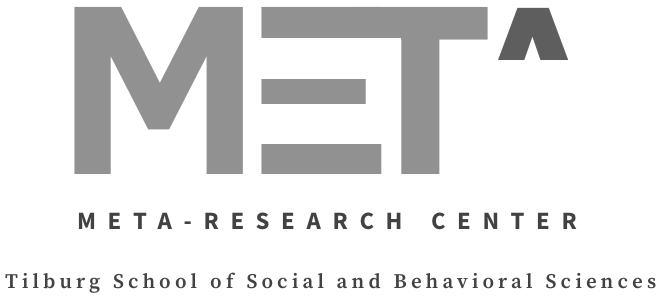Letter in the Chronicle: The Open Science Movement is Cooperative, not Destructive
Together with a group of colleagues, Michèle wrote a letter to the editor of the Chronicle, to reply to an earlier article that presented the open science movement as “burning things to the ground”. Michèle and her colleagues disagreed. They argue that they mainly see cooperative, constructive, and pragmatic initiatives to improve the state of psychological science.
Read the full letter here.
Chartier, C. R., Kline, M. E., McCarthy, R. J., Nuijten, M. B., Dunleavy, D. J., & Ledgerwood, A. A cooperative revolution in psychology. The Chronicle of Higher Education. Retrieved from https://www.chronicle.com/blogs/letters/a-cooperative-revolution-in-psychology/.






